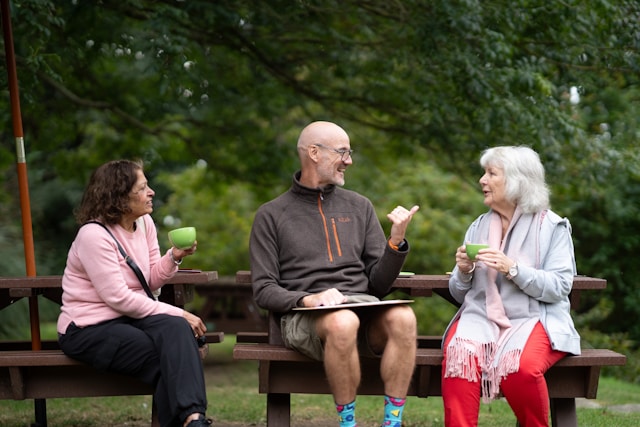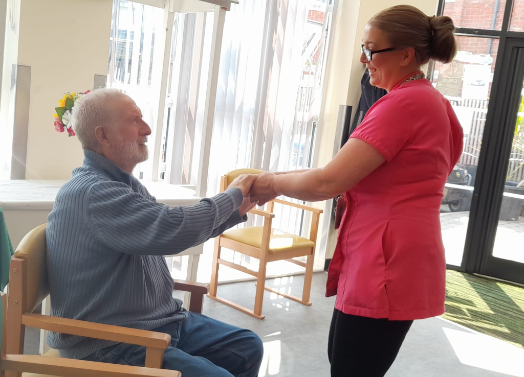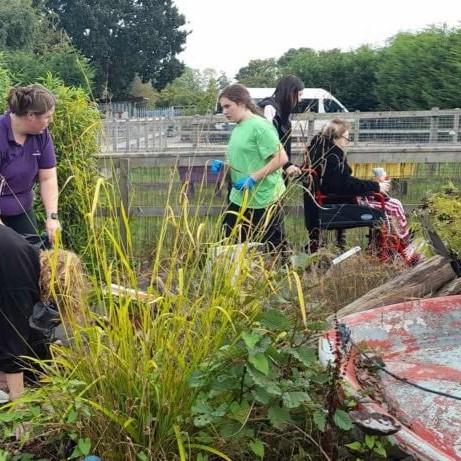From milestone celebrations and themed afternoons to everyday activities and meaningful moments, this is where we share the stories that reflect the warmth, companionship and community spirit at the heart of Manor House. We love welcoming families, friends and our wider community into the life of the home. Whether it’s a special birthday, a charity fundraiser, an entertainer visit or a day trip out in our minibus, our events are planned to bring joy, connection and variety to our residents’ days. This is the place to stay up to date with everything we’ve been up to, and to see what makes Manor House such a vibrant and caring place to live.

















